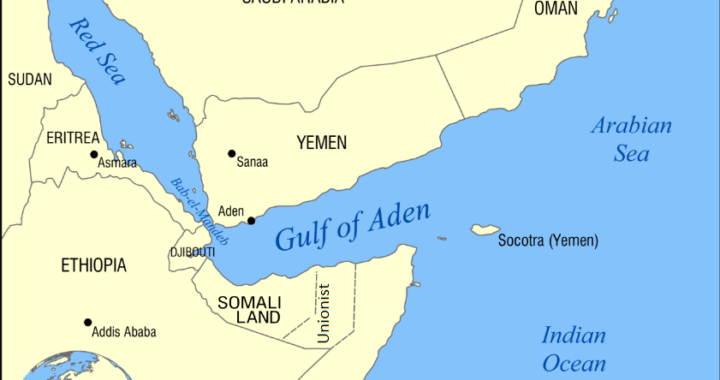Red Sea on Edge: Navigating the Turbulent Waters of Houthi Attacks, US Diplomacy, and Iranian Shadows
by Patrick Wilson
The Red Sea, once a shimmering symbol of global trade, has become a flashpoint of tension. Houthi rebels, a force that emerged from the shadows of Yemen’s civil war, have launched audacious attacks on ships traversing this vital waterway. But understanding the motivations and complexities behind these actions requires diving deeper than mere headlines.
Meet the Houthis: Rising from the Zaydi Shia Muslim community in northern Yemen, the Houthis gained prominence during the Arab Spring. In 2014, they seized control of the capital, Sanaa, plunging the country into a devastating civil war with a Saudi-led coalition. Accused of receiving Iranian support, the Houthis have become a significant player in the region’s geopolitical chessboard.
Why Red Sea Attacks? While the Houthis cite solidarity with Palestinians as a justification, analysts believe their motives are multifaceted. Disrupting shipping could pressure the Saudi-led coalition to ease its blockade on Yemen, showcase their growing military prowess, and garner international attention for their cause.
Beyond the Surface: The US, though not directly involved in the Yemeni conflict, has historically supported the Saudi-led coalition. However, concerns about civilian casualties and the humanitarian crisis have led to a shift towards cautious diplomacy. The US now seeks a negotiated settlement and has even engaged in limited talks with the Houthis.
The Looming Shadow of Iran: Accusations of Iranian military aid to the Houthis cast a long shadow over the conflict. This alleged support, including weapons, training, and logistical assistance, likely stems from a confluence of factors. Iran views Saudi Arabia as a regional rival and sees the Houthis as a valuable proxy. Additionally, expanding Iranian influence in the Red Sea and potentially threatening Israeli shipping align with its strategic goals.
A Tangled Web: The Red Sea crisis isn’t merely a localized conflict. It’s a microcosm of the region’s intricate web of alliances, competing interests, and historical grievances. Navigating this turbulent landscape requires acknowledging the US-Houthi dynamic, deciphering Iran’s involvement, and recognizing the humanitarian cost of the ongoing war.
The Road Ahead: Finding a peaceful resolution remains an uphill battle. The international community must continue to push for a negotiated settlement while ensuring the safety of shipping in the Red Sea. Only through sustained diplomatic efforts, humanitarian aid, and a willingness to understand the complex tapestry of motives can the Red Sea regain its calm waters and resume its role as a vital artery of global trade.
** This piece was created with the help of ai.


